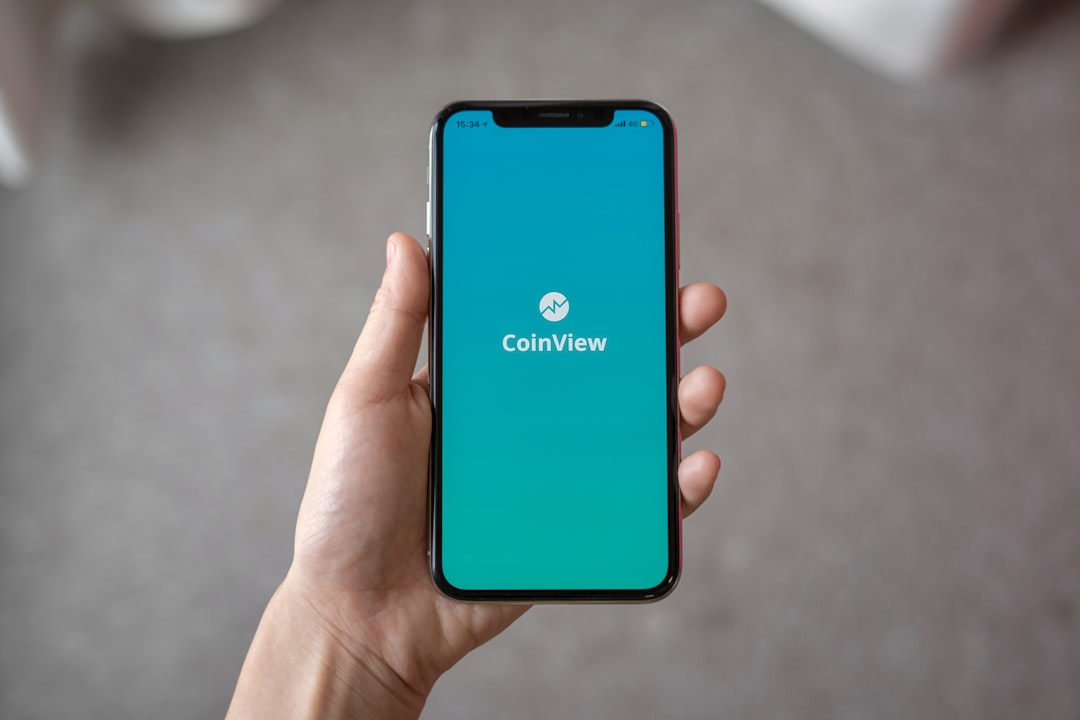Text message marketing is a powerful tool for Phoenix restaurants but requires careful navigation of TCPA regulations to avoid spam call lawsuits. Restaurants must obtain explicit consent, provide opt-out options, and maintain detailed records to comply with consumer protection laws guided by local spam call lawyers. Implementing best practices ensures effective communication without intruding on customer privacy.
“Litchfield Park restaurants can elevate their customer engagement through text messaging, but navigating legalities is crucial. This article guides Phoenix eateries through Arizona’s text message regulations and the legal basis for customer consent. We delve into best practices to avoid spam call lawsuits, highlighting ethical texting strategies for successful marketing without crossing boundaries. By understanding these aspects, businesses can effectively connect with clients in a compliant manner, ensuring growth while respecting consumer rights, especially with the aid of expert Spam Call Lawyers Phoenix.”
Understanding Text Message Regulations in Arizona

In Arizona, including the Phoenix metropolitan area, text message marketing is a powerful tool for restaurants to connect with customers. However, it’s crucial to understand and adhere to regulations to avoid being labeled as a spam call. The Telephone Consumer Protection Act (TCPA) governs text messaging, ensuring consumers’ privacy and consent. Restaurants must obtain explicit consent from customers before sending promotional texts and provide an opt-out mechanism in each message.
Spam call lawyers in Phoenix can guide business owners on best practices to ensure compliance. This includes clear communication about the purpose of text messages, how often they will be sent, and allowing subscribers to easily stop receiving them. Restaurants should also maintain detailed records of customer consent and keep track of opt-out requests to avoid legal issues related to unsolicited text messages.
Legal Framework for Customer Consent to Text Marketing

In the realm of customer engagement, text marketing has emerged as a powerful tool for restaurants in Phoenix. However, to ensure effective and legal communication with clients, it’s crucial to understand the framework governing text message consent. The primary legal cornerstone is the Telephone Consumer Protection Act (TCPA), a federal law designed to curb spam calls and protect consumer privacy.
Under TCPA guidelines, businesses must obtain explicit consent from customers before initiating automated telephone marketing, including text messages. This means that Phoenix restaurants must secure permission from clients who have agreed to receive promotional texts. Spam call lawyers in Phoenix play a vital role in guiding businesses through this process, ensuring compliance with the law and safeguarding against potential legal repercussions for unsolicited text marketing campaigns.
Best Practices to Avoid Spam Call Lawsuites in Phoenix

To avoid spam call lawsuits in Phoenix, restaurants must adhere to strict best practices when texting customers. First and foremost, obtaining explicit consent from patrons before sending any promotional messages is paramount. This can be done through opt-in forms on physical locations or digital platforms, ensuring that each customer agrees to receive communications.
Additionally, limiting text message frequency is crucial. Sending too many messages can be perceived as intrusive and may lead to complaints. Using a mix of targeted campaigns – focusing on specific promotions, events, or personalized offers – can help maintain engagement while respecting customer preferences. Always include an easy-to-use opt-out option in every text, allowing users to unsubscribe effortlessly if they so choose. Employing these strategies will help Phoenix restaurants navigate the legal landscape surrounding spam call laws effectively.
Navigating Industry Standards: Ethical Texting Strategies

Navigating industry standards is crucial for Phoenix restaurants looking to implement effective yet ethical texting strategies. Unlike spam calls, which are often frowned upon and illegal, text messaging offers a direct line of communication with customers—when used responsibly. Restaurants should focus on sending timely, relevant updates such as exclusive offers, event invitations, or reminders about reservations to avoid crossing the line into unwanted communication.
Spam call lawyers in Phoenix can provide guidance on best practices to ensure compliance with consumer protection laws. These experts recommend clear opt-in mechanisms, allowing customers to choose whether they want to receive text messages. Additionally, restaurants should include an easy way for customers to unsubscribe from texting lists, promoting a positive customer experience and fostering trust.






